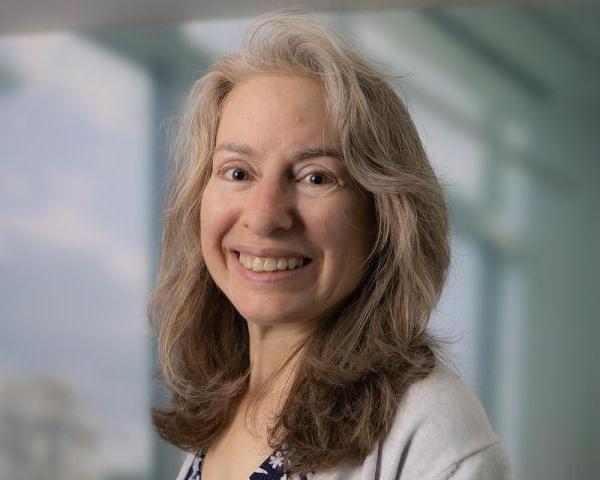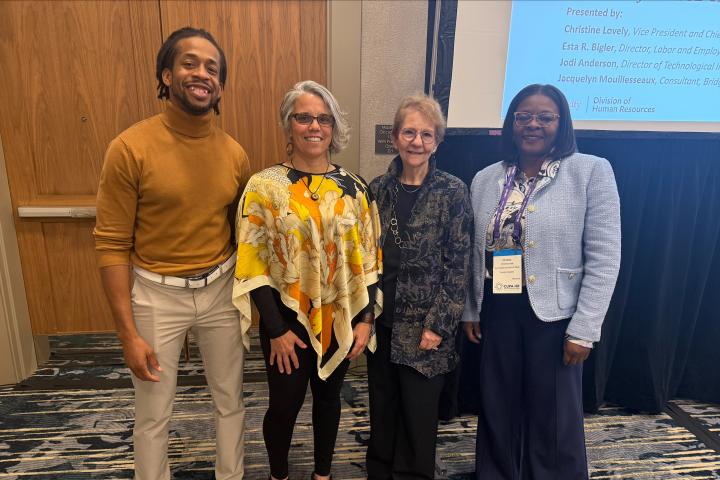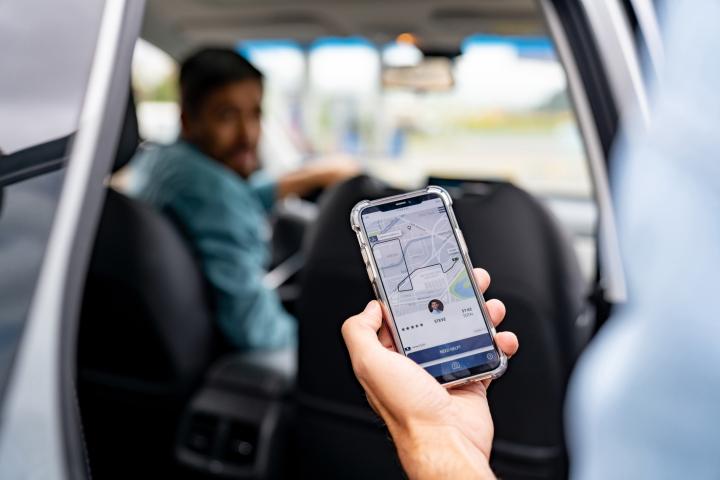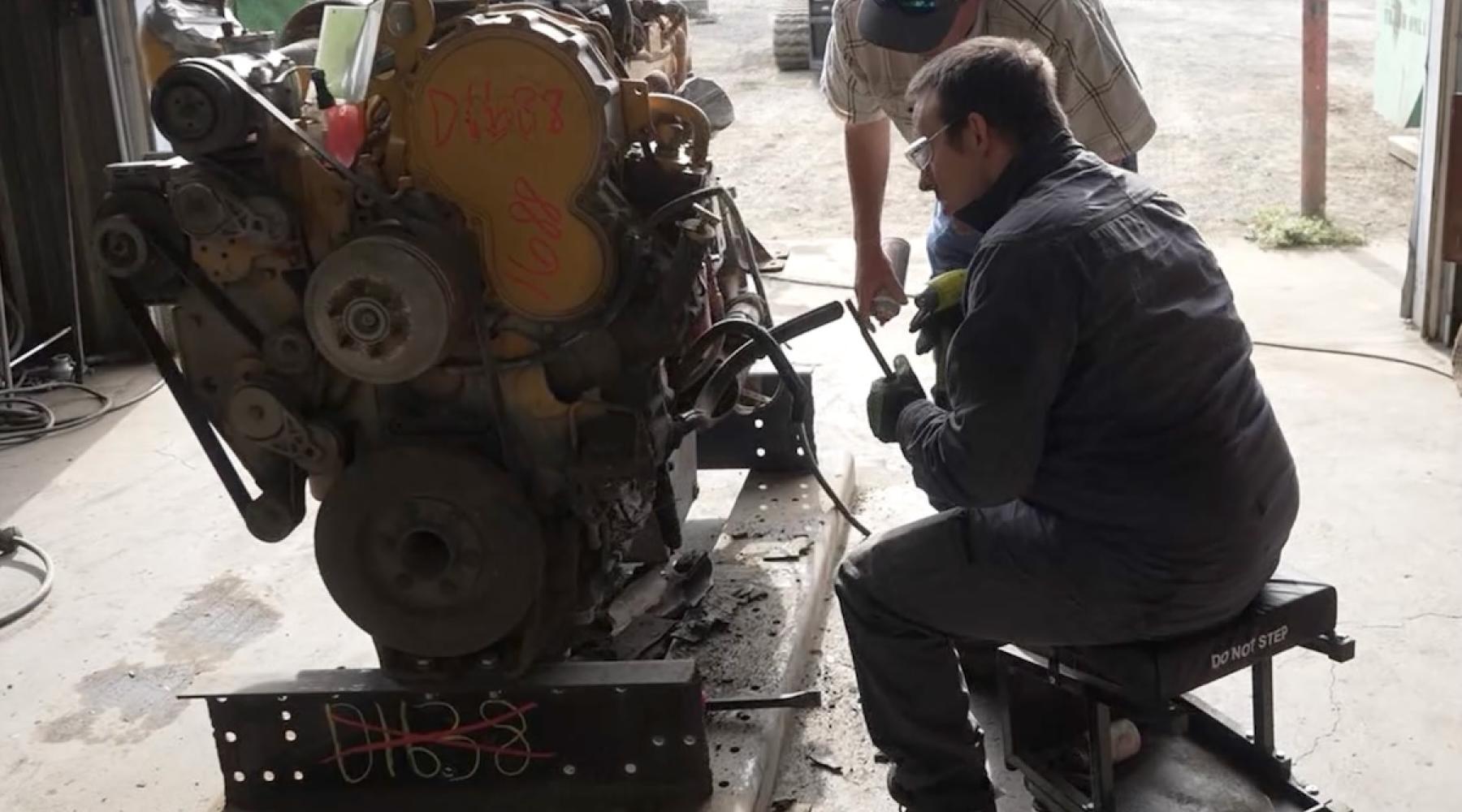
YTI Asks, ‘Can Career Coaching Be Transformative?’
Researchers at the Yang-Tan Institute on Employment and Disability (YTI) in Cornell’s ILR School are evaluating an Oregon-based career program for people with disabilities that adds a coaching component. The program – a model demonstration research project funded by a federal grant of over $18 million – has partnered with YTI for evaluation, training and technical assistance. Called the Inclusive Career Advancement Program (ICAP), it is for people with disabilities pursuing a career path in any of 17 Oregon-based community colleges.
The institute’s “process evaluation” has it collecting and analyzing data for a five-year period, allowing it to quickly identify problems and propose immediate solutions. YTI will also conduct an “outcome evaluation” to analyze the program’s overall effect.
“A lot of effort and money goes into these programs, so it’s critical to gather data to help understand their effectiveness and impact,” Valerie Malzer, extension associate, said. Malzer and Kimberly Osmani, senior extension associate, co-lead the effort, with Malzer focusing on evaluation and Osmani on training and technical assistance.
“To understand ICAP, you have to know that the federal government requires that all states and territories offer programs designed to help people with disabilities prepare for, obtain and maintain jobs,” explained Osmani. “The government funds these employment programs about 80%, and the state pays the remaining 20%.” Called vocational rehabilitation, or VR, they provide services like career counseling, job training, assistive technology and connections to employers.
The federal government also funds competitive grants. Called Disability Innovation Funds (DIFs), these grants support innovative projects focused on improving employment outcomes for people with disabilities.
A DIF supports ICAP’s effort to examine what happens when Oregon’s VR services are blended with education and coaching. “Participants all get VR services, but with ICAP, they also have a career coach at the community college who helps with ongoing support needs for college-related needs and many other identified needs,” Malzer said.
Evaluation
“We are asking if the ICAP mix of support leads to people having more success in community college and ultimately employment,” Malzer said. “That’s where evaluation comes in. The goal is to compare the outcomes of ICAP participants to VR participants in Oregon as a whole.”
The evaluation team uses quantitative data and qualitative measures – such as surveys, reports on coaching sessions and interviews – to not only monitor the project, but to determine if the ICAP participants are more likely to meet goals, such as getting job training or a postsecondary credential, or becoming employed or earning a higher wage. The team also wants to understand what makes a successful pairing between a VR counselor and a career coach.
YTI uses Cornell’s restricted access servers to house this data, because some of it is confidential.
“Fundamentally, the mission of program evaluation is to say, are the efforts that we’re making having the impact that we want? And if so, can these effective practices be replicated in other places?” —Val Malzer
Now in the fourth year of the five-year project, it’s too soon for all the data to be analyzed, but, anecdotally, it appears that adding coaches makes a difference. Malzer said, “Everything we hear so far from the local implementation teams, the VR staff, and from students says the career coaches at colleges can be transformative.”
The evaluation has also been helpful for adjusting the program to solve problems. One change made it easier for postsecondary education plans to be approved by the VR system.
ICAP’s design was based on “decades of data,” Malzer said. “This work is underpinned by a lot of research on practices that support people, and this project is saying, if we operationalize those practices in precisely this way, does it matter?”
Training
YTI has provided training to the ICAP partners, including VR staff, college career coaches, college leads and other partners, such as Oregon Commission for the Blind, to explain how ICAP works and enhance counseling and support skills.
In the beginning, trainings focused on rolling out ICAP, with topics such as partner roles and coordination of services.
Some training topics get attention regularly. Osmani said, “documentation, data and reporting are consistent topics in training across the life of the program, ensuring everyone understands the vital role they play in evaluating the program and thoroughly telling its story.”
The training team also keeps the topics fresh. “As needs shift – trainings shift,” Osmani said. “For example, as more ICAP participants completed their college career pathways and entered the job search process, the training team provided a five-part series on supporting an ICAP participant in that job search process.”
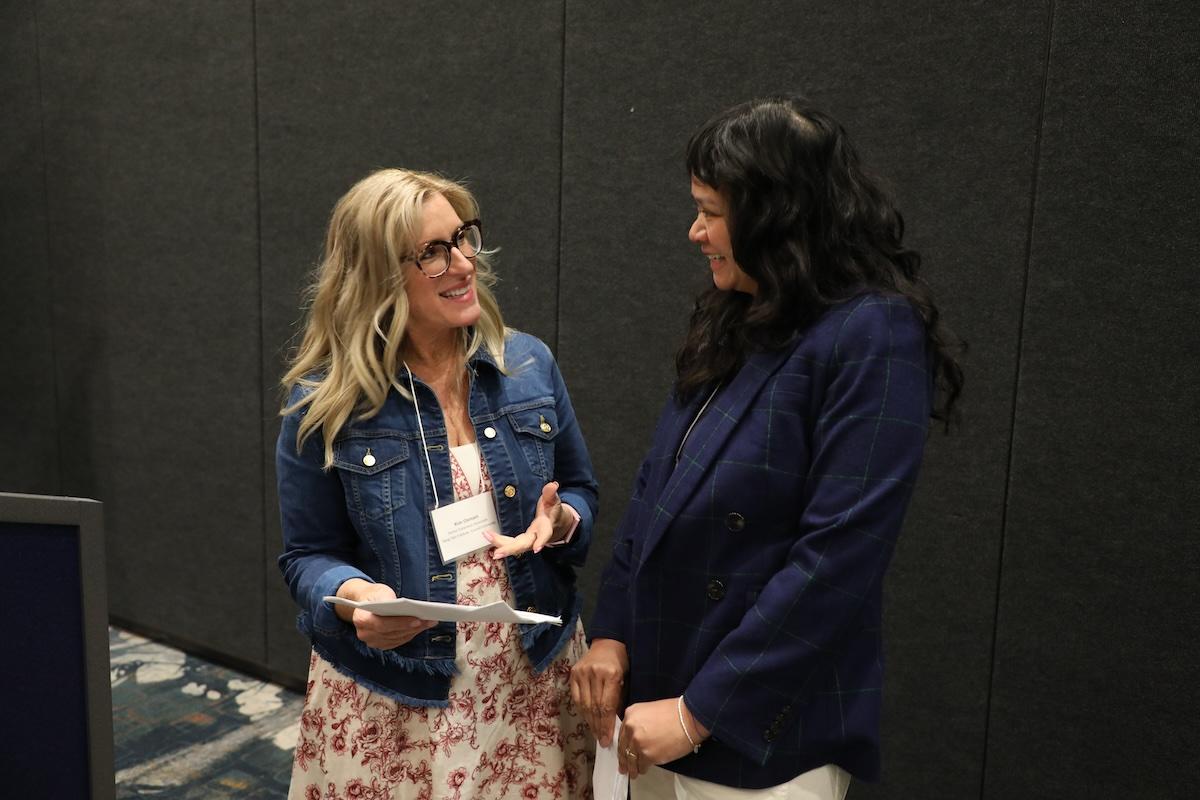
Looking Ahead
ICAP is one of several state-based model demonstration programs funded at the same time. Each one aims to assist people with disabilities in enhancing their careers. Another aspect of the outcome evaluation will be comparing ICAP to the other projects.
The institute’s ICAP evaluation will provide information that can be used to understand what works, or does not work, when adding career coaching to a VR-related program and how best to assist people with disabilities who want more education to improve their careers.
“This is a great example of a collaboration that the institute does really well, where a state VR agency has a project they want to do, but it needs an external evaluator or external training support.”—Val Malzer
About the Yang-Tan Institute
Providing practical information to policymakers, educators, employment specialists and others who assist people with disabilities is a core focus for the Yang-Tan Institute on Employment and Disability, which is part of Cornell’s ILR School. The institute’s mission is to advance knowledge, policies and practices that enhance equal opportunities for all people with disabilities. Its research, training and technical resources expand knowledge about disability inclusion, leading to positive change.
The institute leads many grant-funded projects, including the Employer Assistance and Resource Network on Disability (EARN), Northeast ADA Center and Autism Transition to Adulthood Initiative (ATTAIN). The institute also receives funding via a New York state legislative appropriation to assist with a variety of disability-related initiatives.
